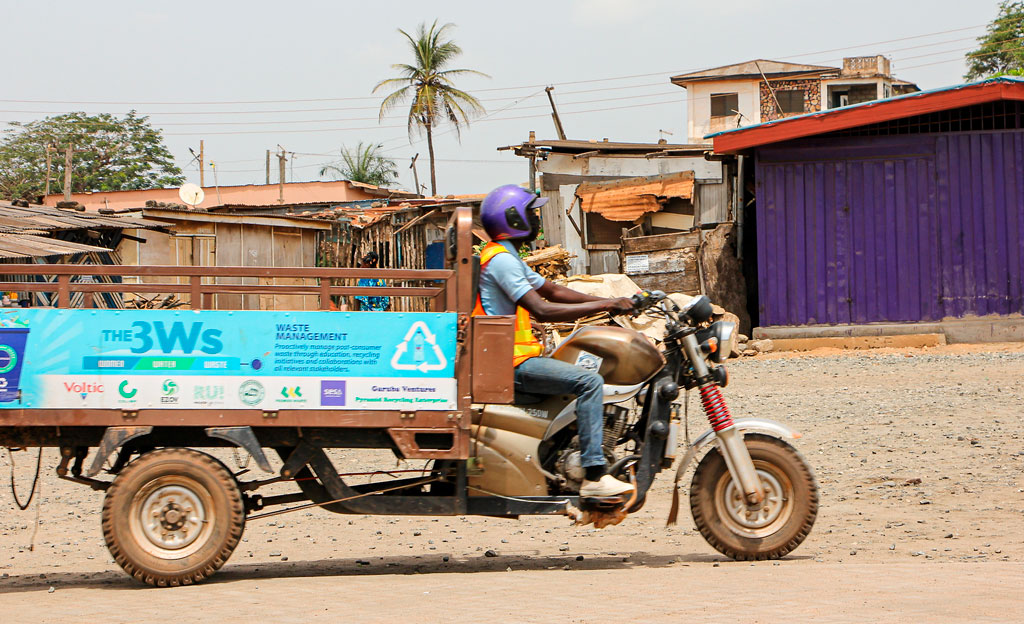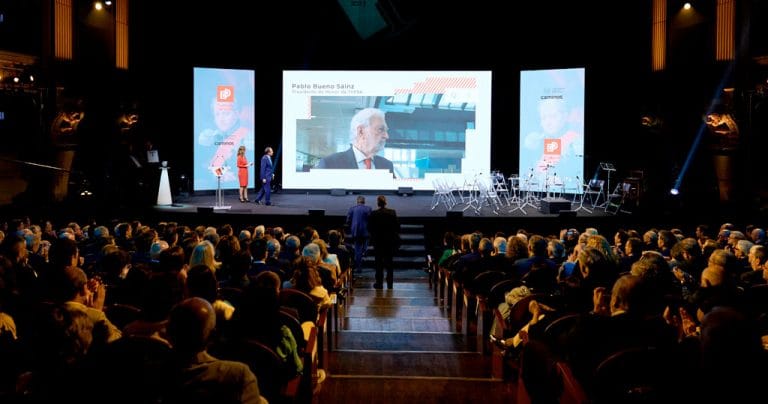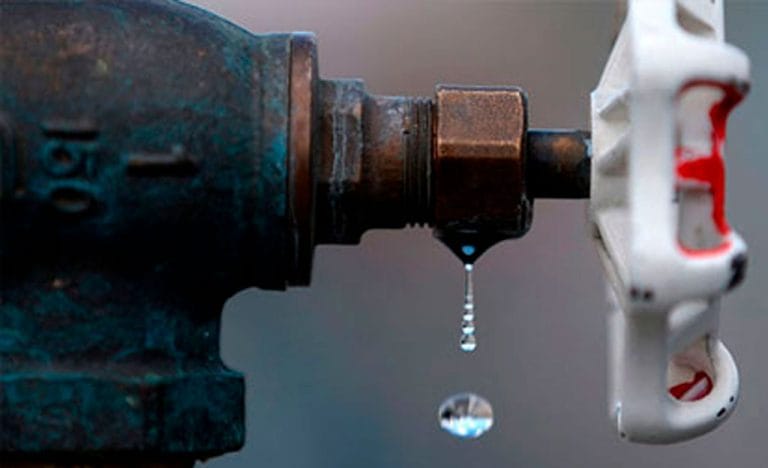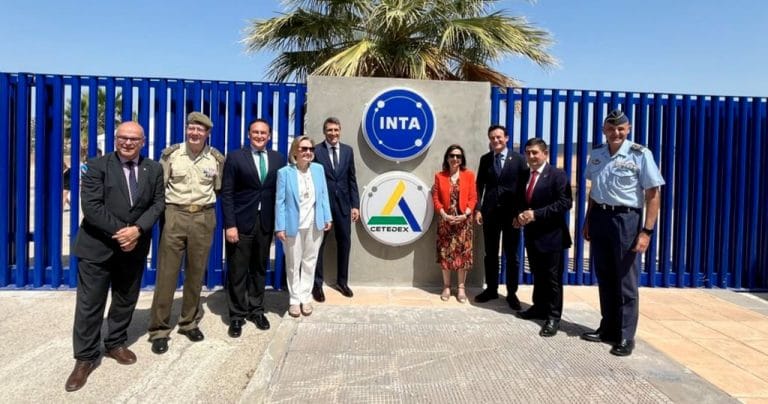Ghana aims to become a global leader in the just transition to a circular economy, a crucial step towards sustainable development. The transition to a circular economy must stimulate economic growth, create new jobs in various economic sectors, support innovation and digitalisation, while improving the environment.
To this end, the ongoing project to create a Circular Economy Centre (CEC) in Accra, funded by Global Affairs Canada, should foster an effective environment for the empowerment of the circular economy in Ghana, bringing together key players to coordinate and mobilise support to scale up successful initiatives. technology and business concepts of circular economy.
“The Centre will ensure that workers can take advantage of the new opportunities of the circular economy”
The CEC, once operational, should help, through defined strategies and policies, organisations, and small entrepreneurs in the country to develop and implement innovative technology solutions of circular economy in their businesses and companies, while generating environmentally sustainable employment. The CEC will also promote private sector financing for the commercialisation of successful circular economy pilot technologies. The Centre will ensure that workers in key industries, such as waste management, agricultural processing, agriculture, and plastics, and in particular in unregulated sectors, can take advantage of the new opportunities of the circular economy.
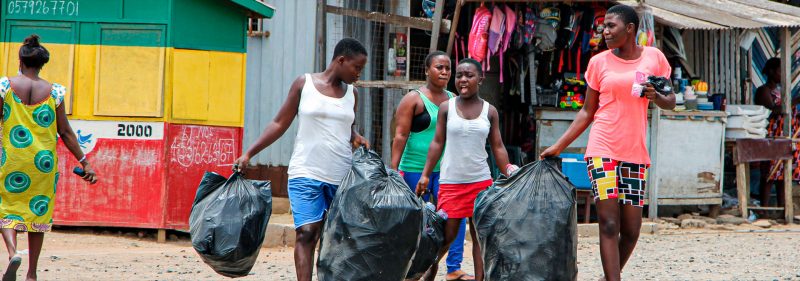
TYPSA´s contract is part of one of the main strategies of the framework of action of the main project (CEC) in line with its objectives of gender inclusion and promotion of young people, as well as protection against possible environmental impacts.
The work commissioned to TYPSA is aimed at developing:
- an Environmental and Social Management Plan to guide the project´s environmental and social sustainability through its implementation.
- a gender study: To provide a baseline for monitoring and evaluating gender-related indicators throughout the project.
- an intersectional gender strategy and action plan: Proposing specific interventions and measures to promote gender equality and social inclusion within the project, as well as subsequent monitoring and evaluation of the effectiveness of these measures.
- a strategy for young people, proposing an action plan to facilitate their effective participation (young people between 18 and 35 years old) in the project.
This aims to develop two of the main strategic lines of the CEC: Those aimed at making development and training activities specifically focused on the needs of women and young people, to encourage their full participation in the circular economy, as well as those aimed at ensuring its environmental sustainability.


